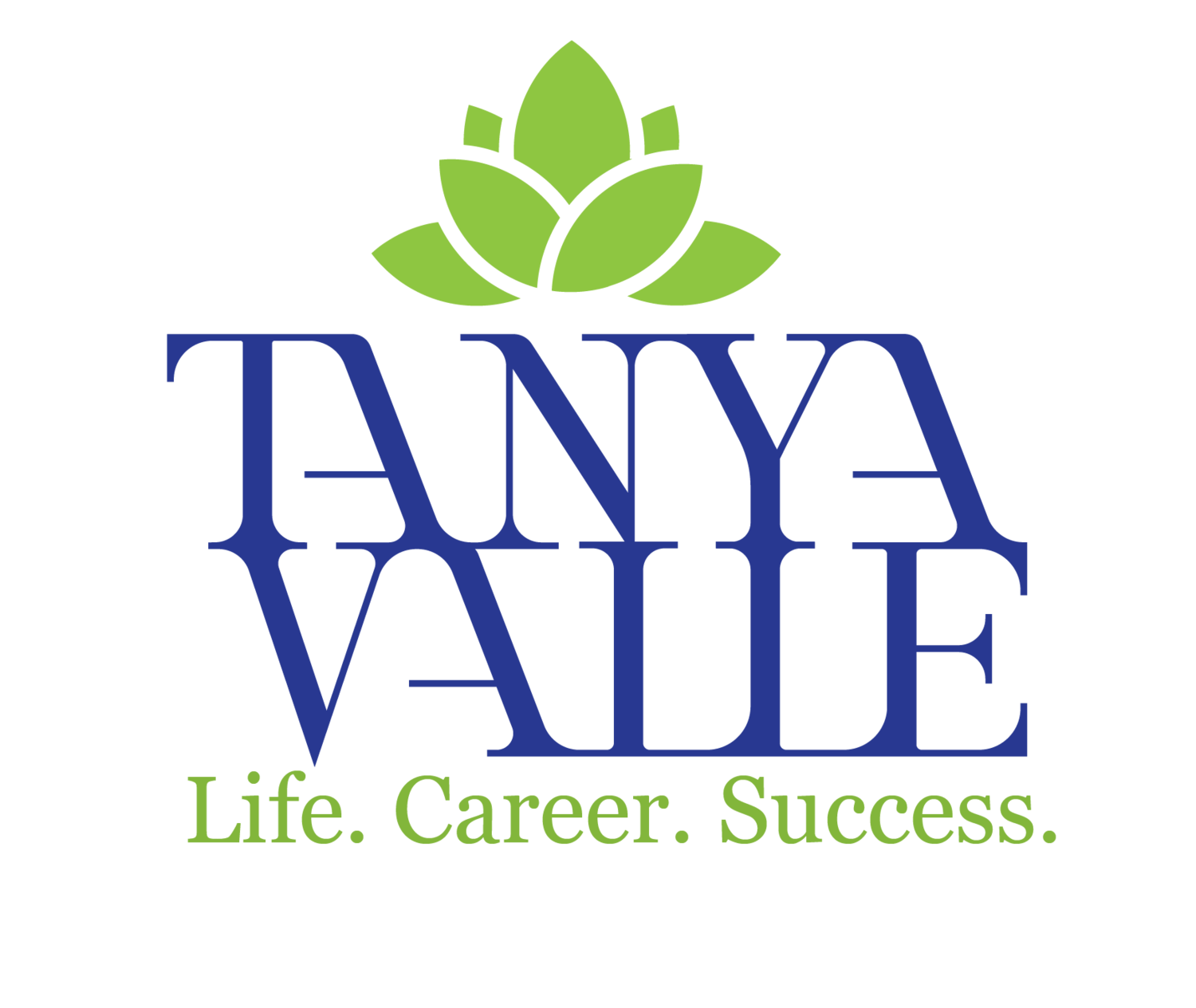“To hell with circumstances; I create opportunities.”
The days of job security are gone. I’ve changed careers four times in my 20 plus years of professional working experience.
I went from being a zookeeper to a television news reporter in nine months.
From reporter to New York City Mayor Michael Bloomberg Administration press secretary. From press secretary to corporate public relations spokesperson and executive at a Fortune 50 company.
I left corporate to start my own PR consulting business and now incorporate that into my coaching and mindfulness training business.
I share this to show you can chart your own course.
I followed my curiosity and didn't let naysayers or fear stop me. Taking risks have been worth the rewards of personal growth, learning new skills, varied experiences, and meeting some really great people. Here are some ways to be the boss of your career.
Don’t Get Comfortable
Things can change overnight. At each of the corporate companies I worked for, there was at least one reorganization (sometimes more) that resulted in layoffs. I wasn’t part of any of the “redundancies,” maybe because I kept my stay short. My longest tenure at a job was less than four years, my shortest a year.
One recruiter told me he looks to place people at the three and half year mark in one position. Unbeknownst to me, that was a rule I intuitively followed.
After that point, the job could become comfortable, or if I haven’t advanced, I wanted to. And for me, advancement has meant moving on.
If you no longer find your job challenging, you may want to consider moving up – or on.
Always Keep Your Options Open – Entertain Recruiters
Recruiters (née headhunters) like to contact the currently working which can seem counterintuitive, or unfair, if you’re in the market for a new job, and don’t currently have one. So, when they come calling, hear them out. I’ve been placed at very good companies as a result of headhunters – and when I wasn’t looking.
Consider Another Career
Does your job provide you with a sense of fulfillment? Or do you feel drained and de-energized by the end of the day?
Author and INSEAD Professor, Herminia Ibarra says, “If your deepest desire is to remain indefinitely in a career that grates on your nerves or stifles your self-expression, simply adhere to conventional wisdom.”
That is, to change careers the wrong way by using what she calls the “plan and implement” model of change.
Most people determine what they really want to do, identify jobs or fields that go well with their skills and experience, and seek advice from those they know. Then they take actions steps.
Ibarra says, “It all sounds reasonable, and it is a reassuring way to proceed. Yet my research suggests that proceeding this way will lead to the most disastrous of results, which is to say no result.”
In other words, don’t wait to know for sure. The plan-and-implement approach cautions us against making a move before we know exactly where we're going. And we never know what the outcome will be, with a current job or a future one.
Build Relationships
Take time to cultivate and build mutually beneficial relationships. Share information and contacts. One study found networking was related to salary growth.
Other studies show between 70 – 85% percent of jobs are found through personal or professional contacts. Keith Ferrazzi, the author of Never Eat Alone, says, “I’ve come to believe that connecting is one of the most important business—and life—skill sets you’ll ever learn. Why? Because, flat out, people do business with people they know and like. Careers—in every imaginable field—work the same.”
Keep Educating Yourself
The stress of working in NYC government had me wanting to make more money, and move into the private sector. I decided to pursue an executive MBA to help me make that transition. It worked, thanks to networking with a classmate and an available public relations position at the Fortune 500 company she worked for. Having an advanced degree also qualified me for better, and higher paying positions.
That said, I don't suggest taking on debt you can't afford just for a degree. There are certification and training programs that can give you an extra leg up, or help you transition into a different function or career. I became a Certified Professional Coach and Mindfulness Meditation teacher and now offer those services.
Don’t Do It For The Money
A much-touted study by Nobel Prize winner, Angus Deaton found that beyond making $75,000 a year, money doesn’t buy happiness. Don’t let money be your sole deciding factor for taking a job. You may end up in a position you don’t really like, or working in a company culture that doesn’t suit you. I made that mistake once and wound up miserable.
You don’t have to be at the mercy of a company. Stay forward thinking, stay in touch with existing and new contacts, and pursue new work interests or education.
Want help planning your career trajectory, or transitioning into a new one? Take advantage of my free, 30-minute "Master Your Career” coaching session. I’ll help you create a crystal clear vision for career success, uncover what’s holding you back, and leave you reenergized and inspired to go after what you want—and deserve! Contact me here.



